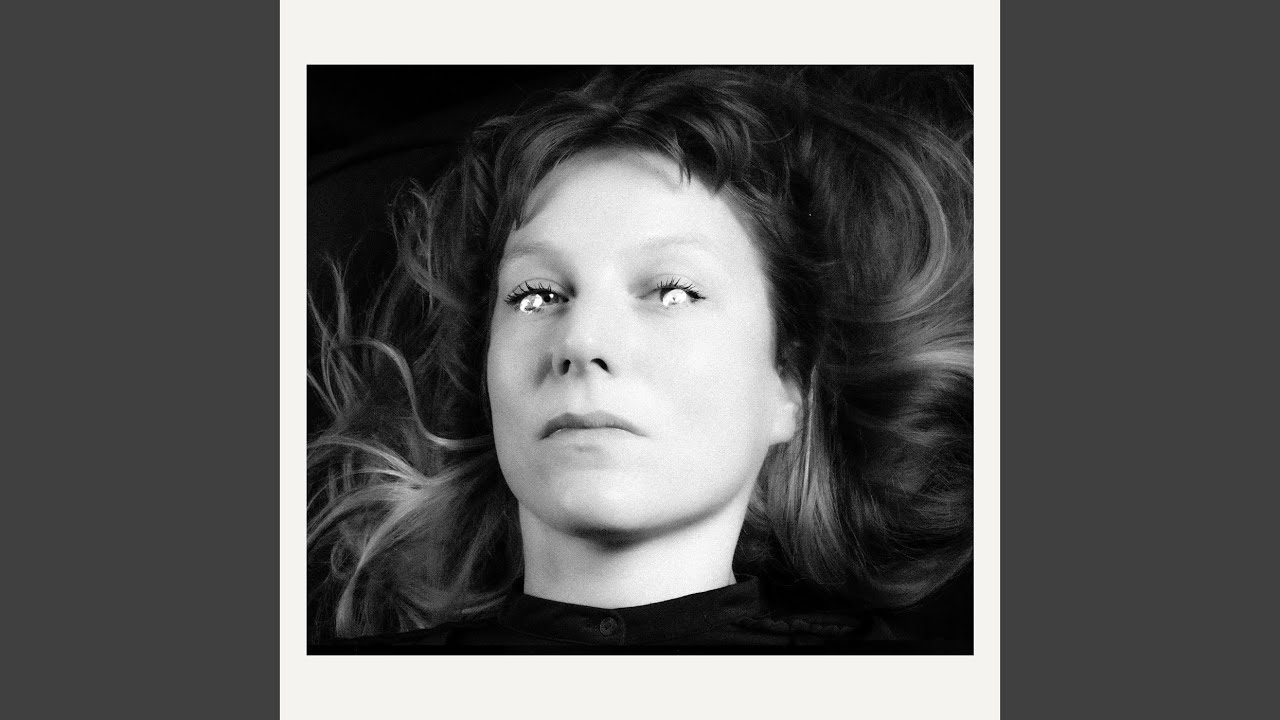Norwegian guitarist and composer, Hedvig Mollestad’s last three releases over the past eighteen months have been uniformly excellent, whilst covering a lot of stylistic ground. Her first ‘solo’ album, Ekhidna, arrived in 2020 in the form of a sextet, which further embellished the rock sound of her trio with both a Fender Rhodes, Vintage Vibe Electric Piano and trumpet. The power trio’s Ding Dong. You’re Dead appeared in March of this year, the most powerful and hypnotic iteration of that group yet. Now, with Tempest Revisited, Mollestad returns to the larger group format, with a septet playing music adapted from a 2018 performance inspired by Norwegian composer Arne Nordheim’s The Tempest, as well as the occasionally heavy weather conditions of Ålesund, Mollestad’s birthplace.
It’s a beautiful and inspiring suite of music, by turns both lyrical and aggressive, evocative of the elements in their many different forms. Opener ‘Sun On A Dark Sky’ initiates the proceedings with a serene but eerie flute passage and some brief but ominous drums hinting at stormier weather to come later on. Early highlight ‘Winds Approaching’ kicks off with a flurry of handclaps and syncopated percussion, before the arrival of some propulsive blasts of resonant baritone sax and a subtle yet doomy guitar riff that returns at the end of the piece with renewed vigour. ‘Kittywakes In Gusts’ takes a jazzier approach, twin saxes swirling like seabirds riding eddies in the wind.
Longest track ‘418 (Stairs In Storms)’ stretches out over the course of its eleven-plus minutes, the first five of those creating a perfect minimalist mood largely through the use of space and Mollestad’s sparse, crystalline guitar, before being joined briefly by drums and sax. It’s the calm before the storm, the heavier weather itself only briefly expressed by an ecstatic sequence of notes in the final fifty seconds of the piece. Closer, ‘High Hair’ sees Mollestad’s guitar adopt a more prominent role, evincing at times the kind of purposeful, powerful stride of 70s King Crimson’s ‘21st Century Schizoid Man’. Personally, I’d find it impossible to choose which I prefer out of Mollestad’s more overtly rock music in her trio, or the jazzier, more composed output of her two solo albums to date. Fortunately no such choice is necessary, and the two different aspects of Mollestad’s work illuminate a great artistry which is significantly more than the sum of its parts.



